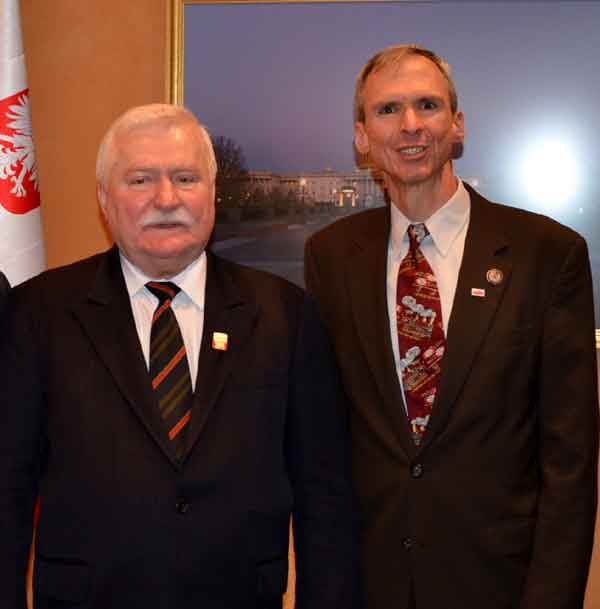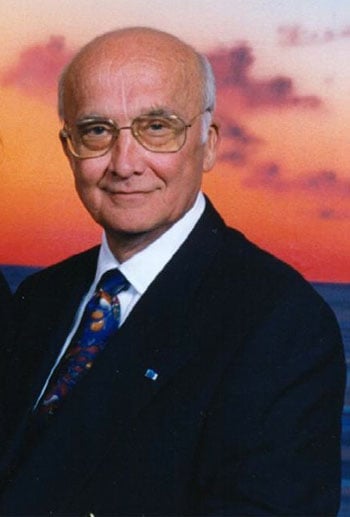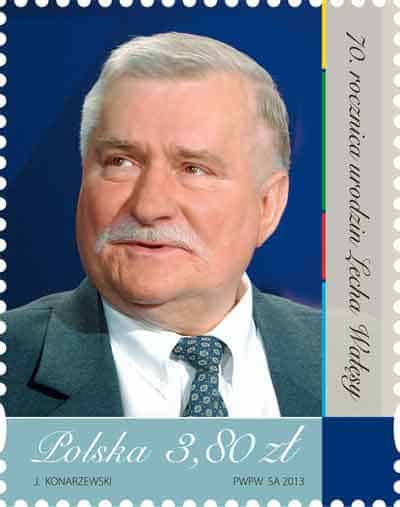
It also generated a fierce reaction by the mainstream leftist-liberal media around the globe. What was it that even triggered sporadic calls for Wałęsa to forfeit his Noble prize? What made the well-known Polish anti-sect activist Ryszard Nowak report Wałęsa to the prosecutor’s office on suspicion of “publicly propagating hatred towards a sexual minority”?
In an interview with Polish news channel TVN24 Wałęsa said: “I do not wish a sexual minority with which I disagree to take to the streets and sow confusion in the minds of my children and grandchildren… A minority cannot impose itself on the majority. They must know they are a minority and must adapt to smaller things, not aspire to the highest peaks, to prime time and the greatest of provocations. “We cannot let a one percent minority climb all over us (in the original Polish: ‘wchodzić nam na głowę’).”
“I do not agree to that and never will… If they must demonstrate, then let them do so on the outskirts of the city, not right downtown.” When Wałęsa said homosexuals could be in parliament, the TV interviewer Grzegorz Kajdanowicz threw him a leading question: “And you probably want them to sit in the last row?” Wałęsa picked up on it and said: “Yes, in the last row or even behind a wall, and not somewhere out up front.”
Parliament’s first declared homosexual Robert Biedroń reacted by saying: “Bench ghettos used to exist in Poland and have a negative connotation. I would gladly meet Mr. Wałęsa to discuss the situation of Poland’s homosexual minority. I don’t think I deserve to sit behind a wall or in the last row.”
Biedroń belongs to a small pro-homosexual, pro-marijuana and anti-Catholic party known as the Palikot Movement, whose controversial leader Janusz Palikot said: “Up till now Lech Wałęsa was known for tearing down walls, not building them. He used to jump over fences not set them up to fence people off. Wałęsa’s words contradict democracy because that form of government is based on protecting minorities.”
Leszek Miller, who heads the post-communist Democratic Left Alliance (SLD) remarked: “I don’t know if Wałęsa’s words stemmed from ignorance or arrogance. But his followers were quite confounded by them. I recall when he awarded the Lech Wałęsa freedom medal to the king of Saudi Arabia, a country which respects no human rights.”.
Members of the conservative opposition were more restrained in their condemnation. “I was more outraged when Wałęsa once said Solidarity activists protesting outside parliament should be bludgeoned,” Beata Kempa, a parliamentarian for the right-wing Solidary Poland group told a TV political talk show. Then, turning to Biedroń also taking part in the discussion, she added: “You people are only promoting your own needs and egoisms at every turn of the way and that is a threat to normality and the family.”
According to Andrzej Duda, representing the major conservative opposition party Law and Justice (PiS), “when Wałęsa was spitting on (his former Solidarity colleagues) Andrzej Gwiazda and Anna Walentynowicz as well as the Kaczyński twins, that was OK. But now that he has criticized some group, there’s a big hue and cry… I am raising children and do not wish them exposed to all the homosexual propaganda.”
Although there was general agreement that Wałęsa’s remarks had been unelegant if not downright crude, clumsy and off the wall for a Noble Peace Prize laureate, his opposition to aggressive pro-gay propaganda did strike a respondent chord across Polish society. Some two-thirds of Poles are opposed to legalizing homosexual partnerships, only one-third are in favor and the rest have no opinion. And many Poles feel uncomfortable when their young children start asking questions about the scantily clad, lewdly grinning and gyrating young males on platform trucks during “gay pride” parades.
Not long ago Poland’s parliament rejected three separate bills to legalize homosexual partnerships, but gay activists were heartened by the fact that last year the issue did not even come up for a vote. That reflects their gradual step-by-step approach to promote their agenda – a tactic observed over the last several decades in many other countries around the world.
A landmark case was that of Swedish Lutheran minister Aake Green who was convicted of a hate crime for saying in a sermon that the Bible regarded homosexual conduct as sinful. In Britain, a Catholic adoption agency had to shut down because it refused to put orphans into the hands of homosexuals. A 14-year-old boy in Texas was suspended from school for stating that “homosexuality is wrong”, and a teacher in Florida could be fired for questioning “gay marriage” on his personal Facebook page. If that is the case, Poland still has a long way to go before it can join the “modern, progressive, politically correct world.”






